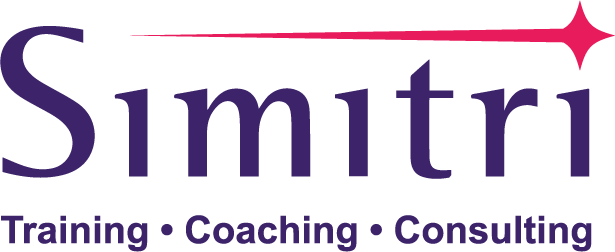In the today’s business world, teams are often spread around the world. An inevitable result is that more and more information sharing, collaboration, and influencing for buy-in happens through the written word. When delivering effective emails and business documents, it helps to remember the following simple tips, which help ensure that written communications are direct and efficient. Tip 1: Key Information Up Front
When reading a murder mystery novel, we appreciate the steadily building drama and suspense that lead to the final revelation of the culprit. The basic structure of business writing is different. Readers have neither the time nor patience to wait until the final page or paragraph to learn about your conclusions. Do not make the mistake of leading them logically through all points and arguments before stating your recommendation. The detailed background information is probably of limited interest to the reader. Therefore, the usual structure for any report is to start with a short summary and the key results, then to tell the story.
Tip 2: Know Your Audience
Before writing any business plan, memo, proposal, or email, spend time thinking about your likely audience. Consider what they already know, the information needed, and give thought to their expectations. Try to figure out how they will respond to your message. If you believe the reaction might be neutral or negative, then think again if your aim was for the positive.
Tip 3: Cut Out the Jargon
Have you ever received a memo from someone stating that in their previous job a new colleague had “developed mission-critical cross-platform communications products for multinational corporations” (or something similar)? This might be true, but even if you understand what this means, it certainly does not clarify what the person will do for your organisation. Even when writing to colleagues, do not turn memos into messages laden with jargon and buzzwords. You can stop “proactively leveraging synergies for win-win solutions” and just say what you mean by using plain, familiar words. It is easier for the brain to process everyday language than to interpret jargon.
Tip 4: Edit for Impact
Every document we send creates an impression with whoever reads it. This perception can then have an impact on whether the reader supports your ideas and recommendations. Nothing does more damage than a poorly written document littered with spelling mistakes. Before sending out any report, edit it for impact and accuracy. Check the grammar, spelling, and punctuation. Make sure the main points are clear and that logical transitions exist between paragraphs. Cut out redundant words and use the active voice. Finally, ensure that the style is direct and professional. In most cases, the most direct, influential statements will have the fewest words.
